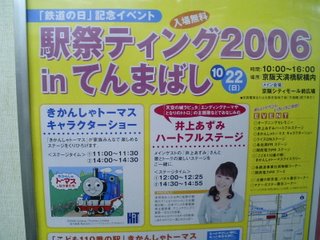
Hmm, no, me thinks not. Note this calendar, issued by one of the major Japanese banks that is prominently displayed in the personnel section of my university's administration. The English on it is very simple: Jan, Feb, Mar, etc. words that most Japanese kids are probably taught in the first year of junior high school. This notwithstanding, one employee deemed it necessary to annotate the calendar with the Japanese months of the year.
Now, it could be just a simple case of the English abbreviations being too small or due to the color combination, not sufficiently salient. I should really ask the person who put it up why the Japanese was necessary. If I do have the chance, I'll report back.
Does anyone else have any similar examples to share?

